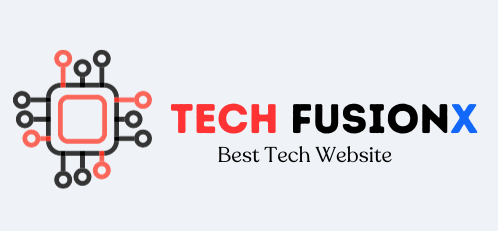Revolutionizing Industries with Digital Technologies
In the age of digitalization, we find ourselves in the midst of a remarkable transformation across various sectors. From healthcare to finance, education to manufacturing, and beyond, digital technologies have revolutionized industries in unprecedented ways. This article explores the profound impact of digital technologies on different sectors and how they are changing the way we live and work.

Digital Transformation
Digital transformation is the process of integrating di
gital technology into various aspects of business operations, resulting in fundamental changes in how organizations operate and deliver value to their customers. This shift is driven by the need for companies to remain competitive in an increasingly digital world.
The key drivers behind digital transformation include the growing demand for enhanced customer experiences, the need for operational efficiency, and the rapid advancement of technology itself. Companies that embrace digital transformation are better equipped to meet these challenges head-on.
Digital Technologies Impact on Healthcare
In the realm of healthcare, digital technologies have brought about a revolution. Telemedicine and remote patient monitoring have made healthcare more accessible and convenient than ever. With electronic health records, patient information is easily accessible and transferable, leading to more efficient and informed medical care.
Revolutionizing Finance
The finance industry has witnessed significant changes with the rise of financial technology, or fintech. Mobile banking apps have made managing finances simpler, and cryptocurrencies and blockchain technology are altering the way we think about traditional banking and currency systems.
The Education Sector
Digital technologies have disrupted the education sector by providing new avenues for learning. Online learning platforms have democratized education, allowing individuals from around the world to access quality educational resources. Personalized education is now possible, tailoring learning experiences to individual needs and preferences.
Manufacturing and Industry 4.0
Industry 4.0 represents a significant shift in manufacturing, marked by automation, robotics, and the Internet of Things (IoT). Automation and robotics have increased efficiency and precision in manufacturing processes, while IoT facilitates predictive maintenance and data-driven decision-making.
E-commerce and Retail
The retail industry has been reshaped by digital technologies. Online shopping has become a dominant force, and AI-driven recommendations provide consumers with a personalized shopping experience. Additionally, supply chain optimization has improved inventory management and delivery services.
Media and Entertainment
The entertainment industry is embracing digital technologies with open arms. Streaming services are replacing traditional cable TV, and content creation has been democratized. Virtual reality and augmented reality are creating immersive entertainment experiences like never before.
Future Digital Technologies
The world of work is changing as well. Remote work and collaboration tools have become the new normal, allowing employees to work from anywhere. AI and automation are enhancing productivity and efficiency, though they also bring about concerns related to job displacement.
Challenges and Risks
While the digital revolution offers immense opportunities, it also presents challenges and risks. Data security and privacy concerns are growing as more personal information is digitized. Additionally, the adaptation of the workforce to new technologies is a crucial consideration for the success of digital transformation.
Conclusion
In conclusion, digital technologies have undeniably revolutionized various industries, enhancing efficiency, accessibility, and customer experiences. However, these advancements are not without challenges. As we move further into the digital age, it’s imperative to address these challenges while harnessing the potential of digital technologies to continue shaping our future.
FAQs
1. How have digital technologies transformed the healthcare sector?
Digital technologies have improved access to healthcare through telemedicine and remote patient monitoring, and electronic health records have streamlined patient care.
2.What is Industry 4.0, and how has it impacted manufacturing?
Industry 4.0 is a manufacturing concept that incorporates automation, robotics, and IoT. It has increased efficiency and precision in manufacturing processes.
3. How have digital technologies affected the retail industry?
Online shopping and AI-driven recommendations have transformed the retail industry, making shopping more convenient and personalized.
4. What challenges does the digital revolution pose?
Data security and privacy concerns, as well as workforce adaptation to new technologies, are key challenges associated with the digital revolution.
